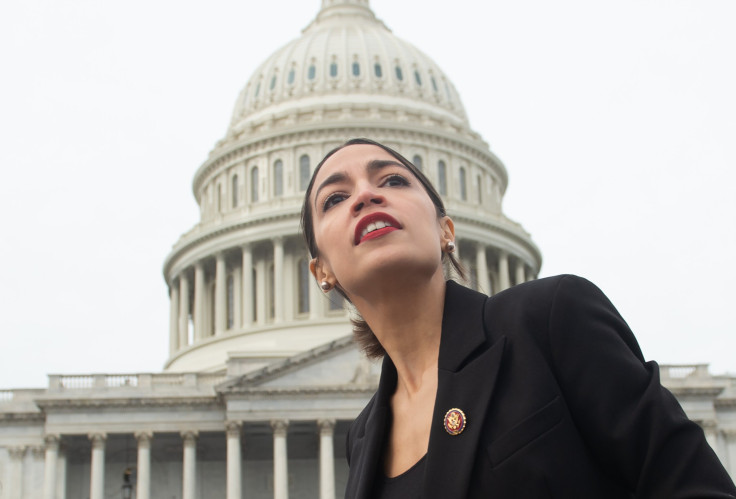May 1 Rent Strike Looms As Coronavirus Pain Deepens
KEY POINTS
- That battlefield is rental dwellings and the issue is if housing is a basic human right
- The “weapon” to be used is a rent strike that is being planned for May 1
- The participants in the strike are exemplified by about 400 hundred families who live in buildings each containing over 1,500 rental units and more than 5,000 additional people who have committed via an online pledge, to refuse to pay rent in May
Other than killing over 210,000 people globally, almost 57,000 in the USA, and nearly 23,000 in the state of New York, the ebbing COVID-19 pandemic is the catalyst for a battle that will likely expose both sides to the raw bone. That battlefield is rental dwellings and the issue is if housing is a basic human right. In the unlikely event that the housing rights issue is resolved, the question remains: who will pay for it?
The “weapon” to be used is a rent strike that is being planned for May 1. One leader is Cea Weaver, campaign coordinator for Housing Justice For All, a New York-based coalition of tenants and housing activists. The participants in the strike are exemplified by about 400 hundred families who live in buildings each containing over 1,500 rental units and more than 5,000 additional people who have committed via an online pledge, to refuse to pay rent in May.
Both sides will try to portray the other as an extreme caricature of what they represent to express their point of view. An April 25 opinion piece in The Intercept contained the statement, “Meanwhile, it should go without saying that large real estate corporations and powerful landlords can take the hit of a few months’ canceled rent and deserve no less, after years upon decades of exploitative and extractive capital accumulation at the expense of tenants.”
It certainly will not “go without saying” to building owners and landlords, according to a New York Post article published April 26. The piece stated, “Yet building owners have bills, too. Landlords need cash to pay their employees, vendors and creditors — maintenance workers, lenders, insurers, fuel suppliers, even city government itself, which relies heavily on their property-tax payments to fund its own budget.”
The Post article went on to deny that owners have “piles of cash laying around to draw on” saying, “These are often small-time moms and pops who operate on thin margins. Industry data show landlords with 50 or fewer apartments own 60% of rent-stabilized units. Many even act as their own supers - and are now personally sanitizing railings, door handles, and other public surfaces to protect tenants.”
Mayor Bill de Blasio was quoted in the New York Post article, “A lot of smaller landlords won’t be able to keep their buildings going, a very bad situation for everyone.”
For Donnette Letford, describing her situation as “very bad” is not an overestimation. She is an undocumented immigrant and mother of one from Jamaica and a member of the group New York Communities for Change. Her employer, whom Donnette cared for as a home health care attendant, died from COVID-19 leaving her jobless. For her, not paying rent is not an act of civil disobedience, she simply can’t pay it and with her undocumented status, she is not eligible to receive the $1,200 stimulus payments now being sent to most Americans.
If the rent strike begins May 1, there might be “cries for dignity” from one side that will be parroted by politicians like Democratic Rep. Alexandria Ocasio-Cortez from New York’s 14th district. Landlords and building owners will likely remain silent knowing that their voices cannot compete with the sympathetic tales of woe from Donnette Letford and thousands of others like her.

The cash to “pay for this” at present will likely come from government sources funded by middle-class taxpayers and by new money freshly made by the U.S. Mint. The long-term answer as to who will pay is; everybody in some way.
© Copyright IBTimes 2024. All rights reserved.




















